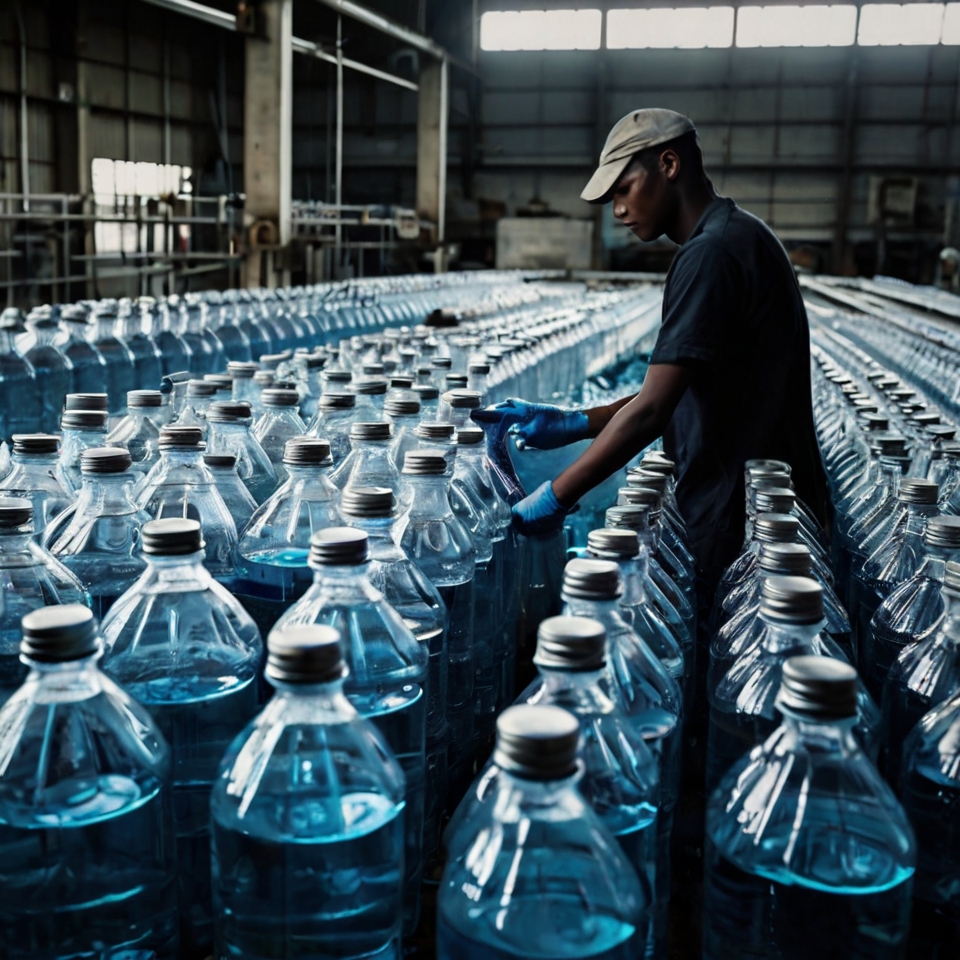The bottled water processing market is anticipated to witness robust growth by 2031, driven by the increasing need for clean drinking water and consumer demand for healthier beverages. With advancements in technology and a rising focus on sustainable practices, bottled water companies are adopting innovative methods to meet market needs while minimizing environmental impact. These changes are shaping the industry’s trajectory and providing growth opportunities for businesses around the world.
Rising Consumer Demand for Purified Drinking Water
The demand for purified bottled water is rising as consumers become more concerned about water quality and safety. This trend is especially pronounced in regions where access to clean tap water is limited. Bottled water is perceived as a reliable and convenient source of hydration, particularly in densely populated urban areas. Companies are responding by expanding production and improving processing methods to ensure that bottled water meets stringent quality standards.
Technological Advancements in Processing
Processing technology has significantly evolved, allowing for better purification and treatment methods. Techniques such as reverse osmosis, activated carbon filtration, and UV sterilization are becoming industry standards, helping to remove contaminants while preserving beneficial minerals. The latest processing innovations not only enhance water quality but also reduce production costs, making high-quality bottled water more accessible.
Growth of Premium and Functional Water Segments
A key trend shaping the bottled water processing market is the emergence of premium and functional water products. Consumers are increasingly interested in water with added benefits, such as electrolyte-rich, alkaline, or vitamin-enhanced options. Functional water is popular among health-conscious consumers, and companies are leveraging this trend by introducing products that cater to specific health needs. These premium offerings are priced higher, which contributes to the profitability and growth of the market.
Sustainability: A Major Industry Priority
Environmental sustainability is a pressing concern for the bottled water industry, which has faced criticism over plastic waste and water resource usage. To address these concerns, companies are exploring ways to minimize their ecological footprint by adopting sustainable practices in packaging and water sourcing. Innovations in packaging, such as using recycled or biodegradable materials, have become a priority for brands aiming to meet consumer and regulatory expectations. Furthermore, water conservation initiatives, such as closed-loop water systems within factories, are helping companies to lower their environmental impact.
Expanding Market Reach in Developing Economies
Developing economies are witnessing an increase in demand for bottled water, mainly due to urbanization and the lack of reliable municipal water sources. Markets in Asia-Pacific, Latin America, and Africa present lucrative growth opportunities for bottled water companies, and many are investing in regional facilities to optimize distribution and cater to local demand. As disposable incomes rise, bottled water consumption is expected to increase, driving further market expansion.
Challenges and the Path Ahead
Despite its positive growth outlook, the bottled water processing market faces challenges, including fluctuating raw material costs and regulatory restrictions concerning environmental sustainability. Adapting to evolving standards requires companies to invest in eco-friendly technology and infrastructure, which can increase operational costs. However, with continuous innovation and a commitment to sustainable practices, the bottled water industry is well-positioned to adapt to these challenges and thrive in the future.
In conclusion, the bottled water processing market is set to expand due to technological advancements, evolving consumer preferences, and a strong emphasis on sustainability. By investing in innovative solutions and addressing environmental concerns, companies can ensure a prosperous future for the bottled water industry in the years leading up to 2031.
